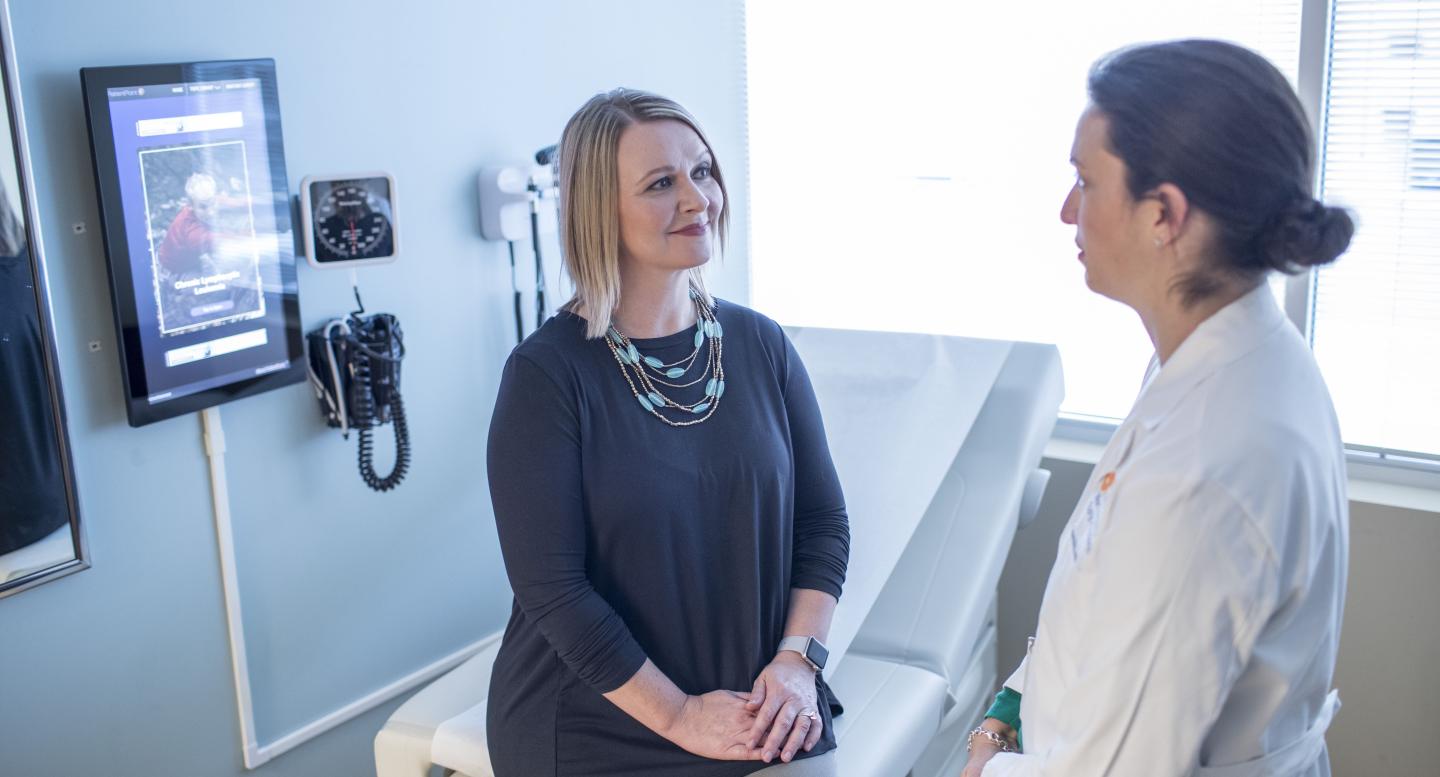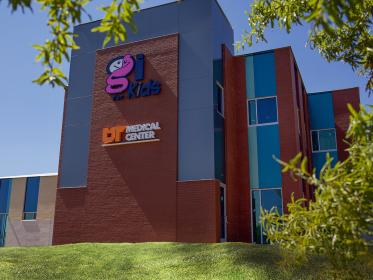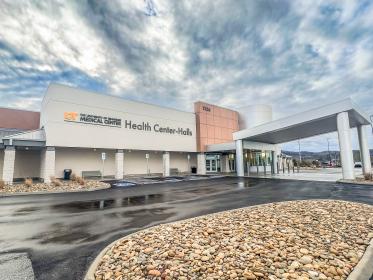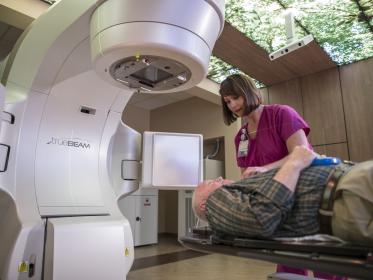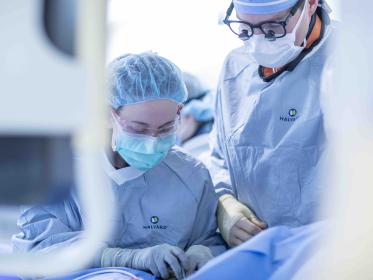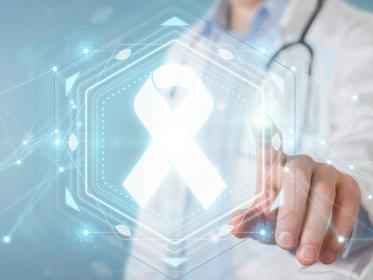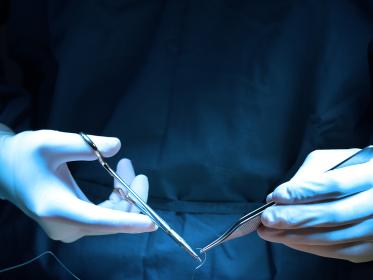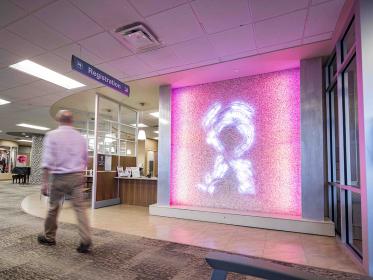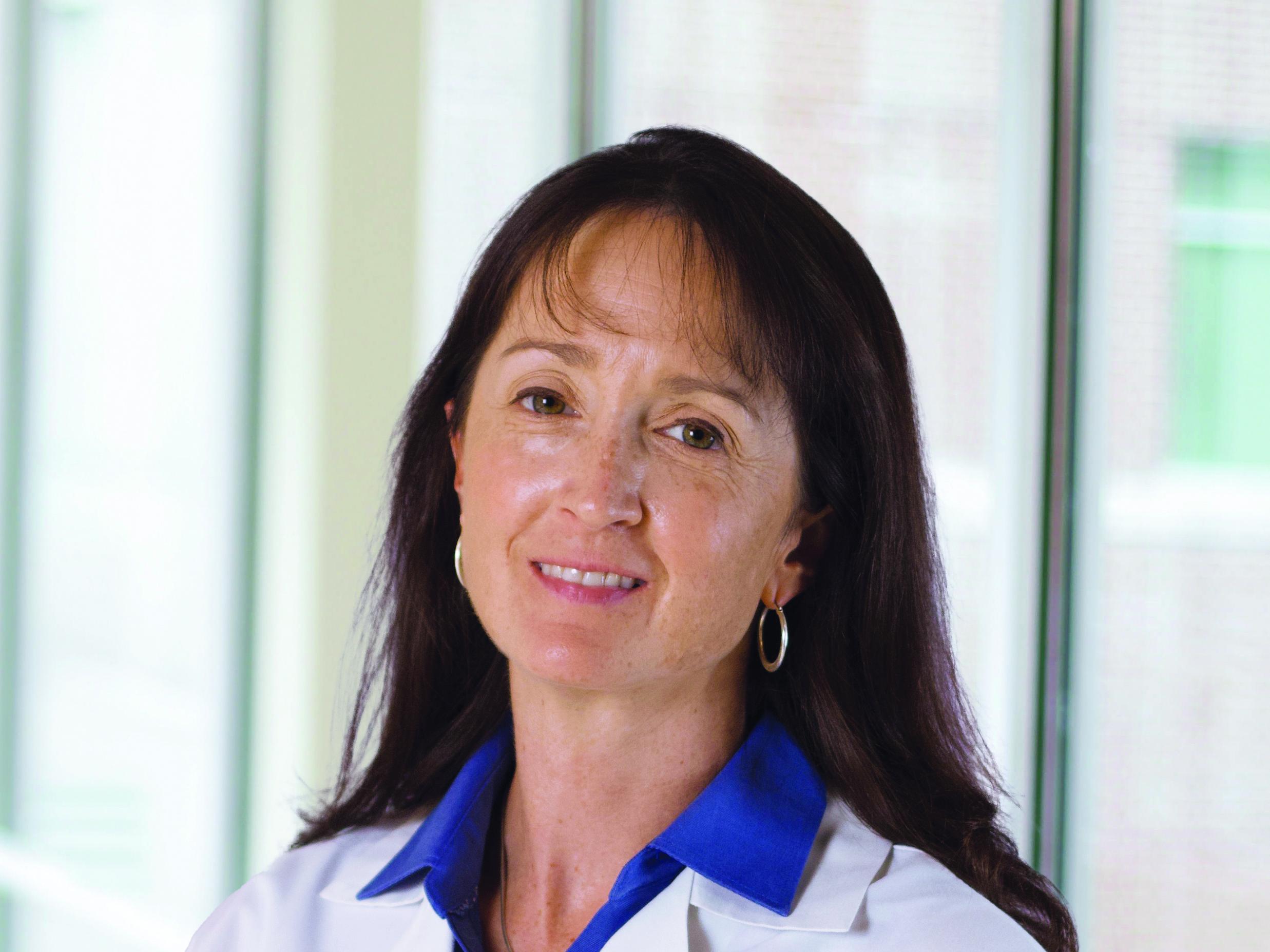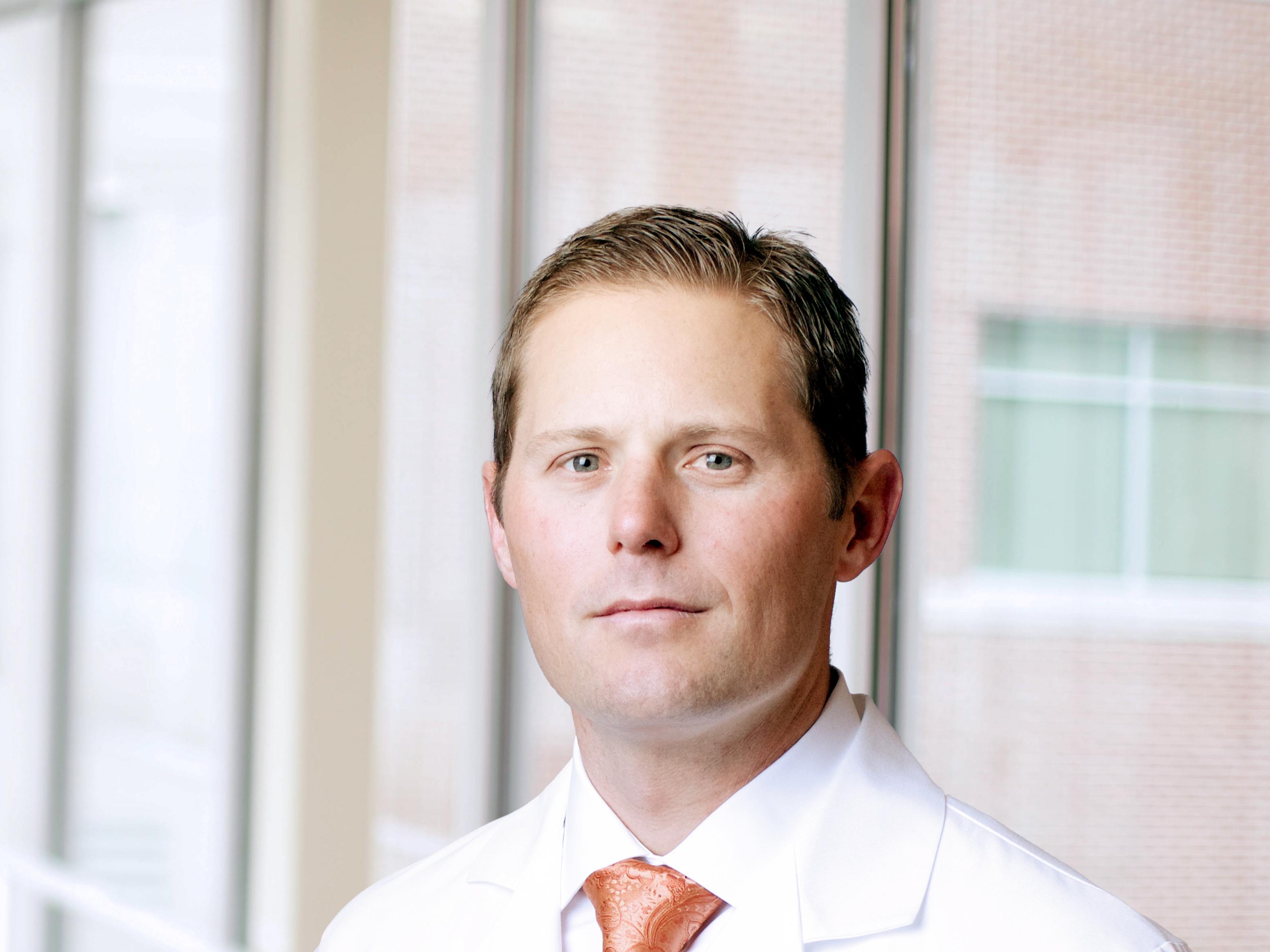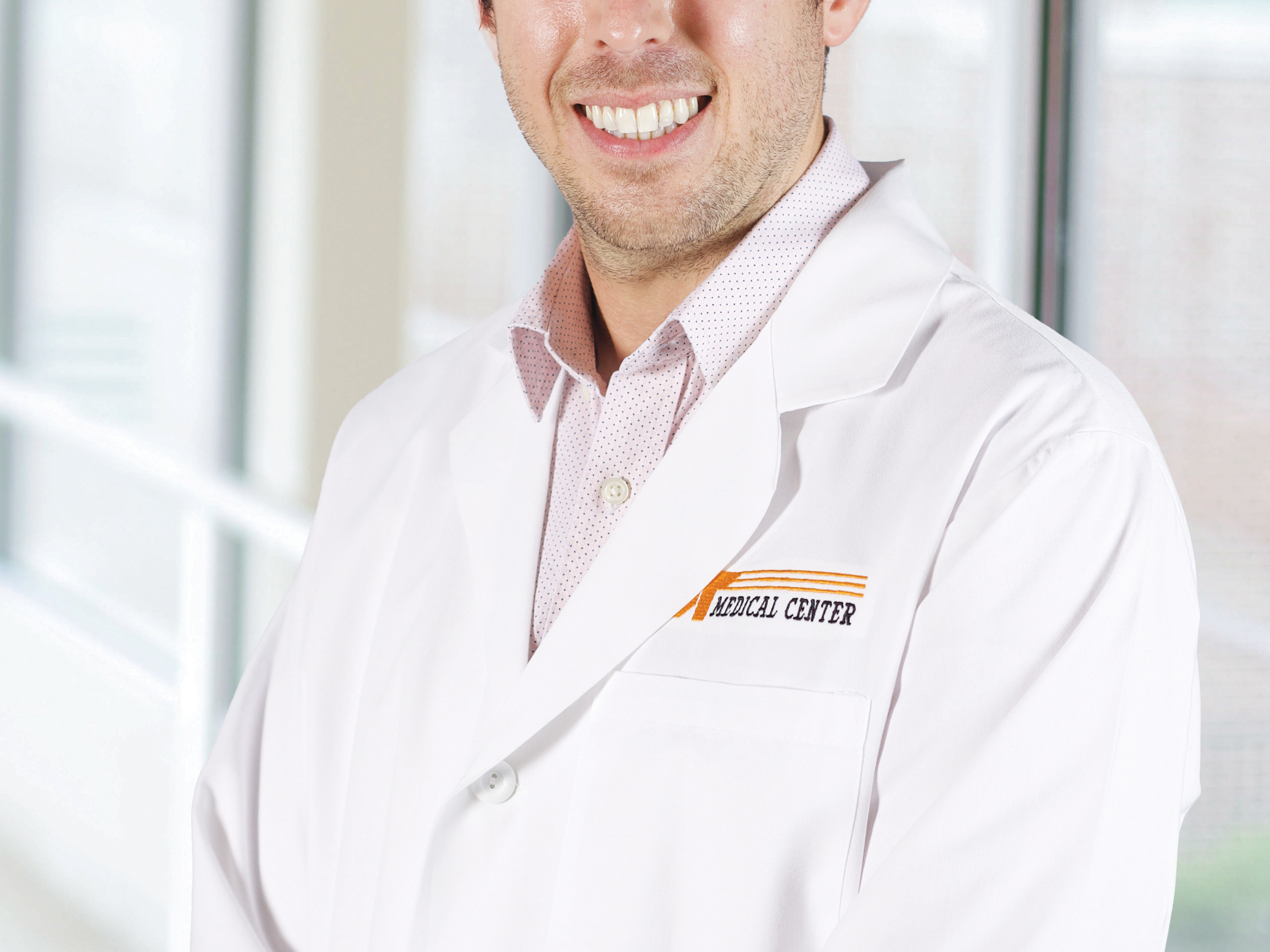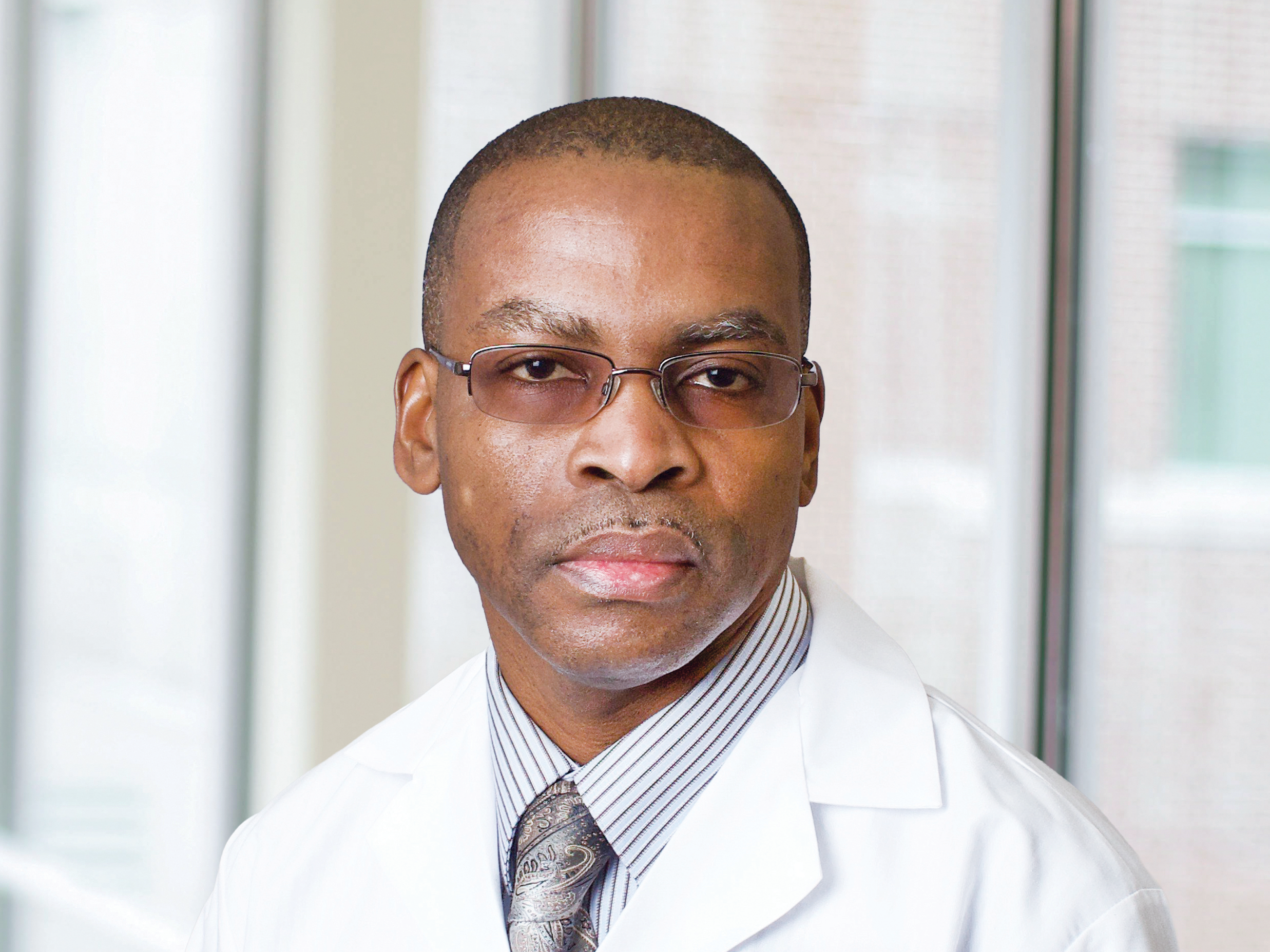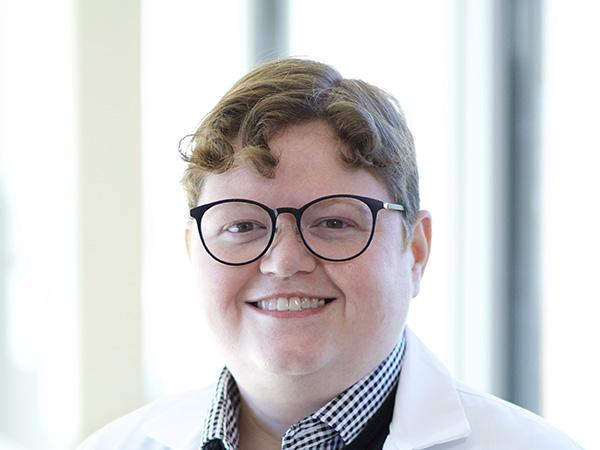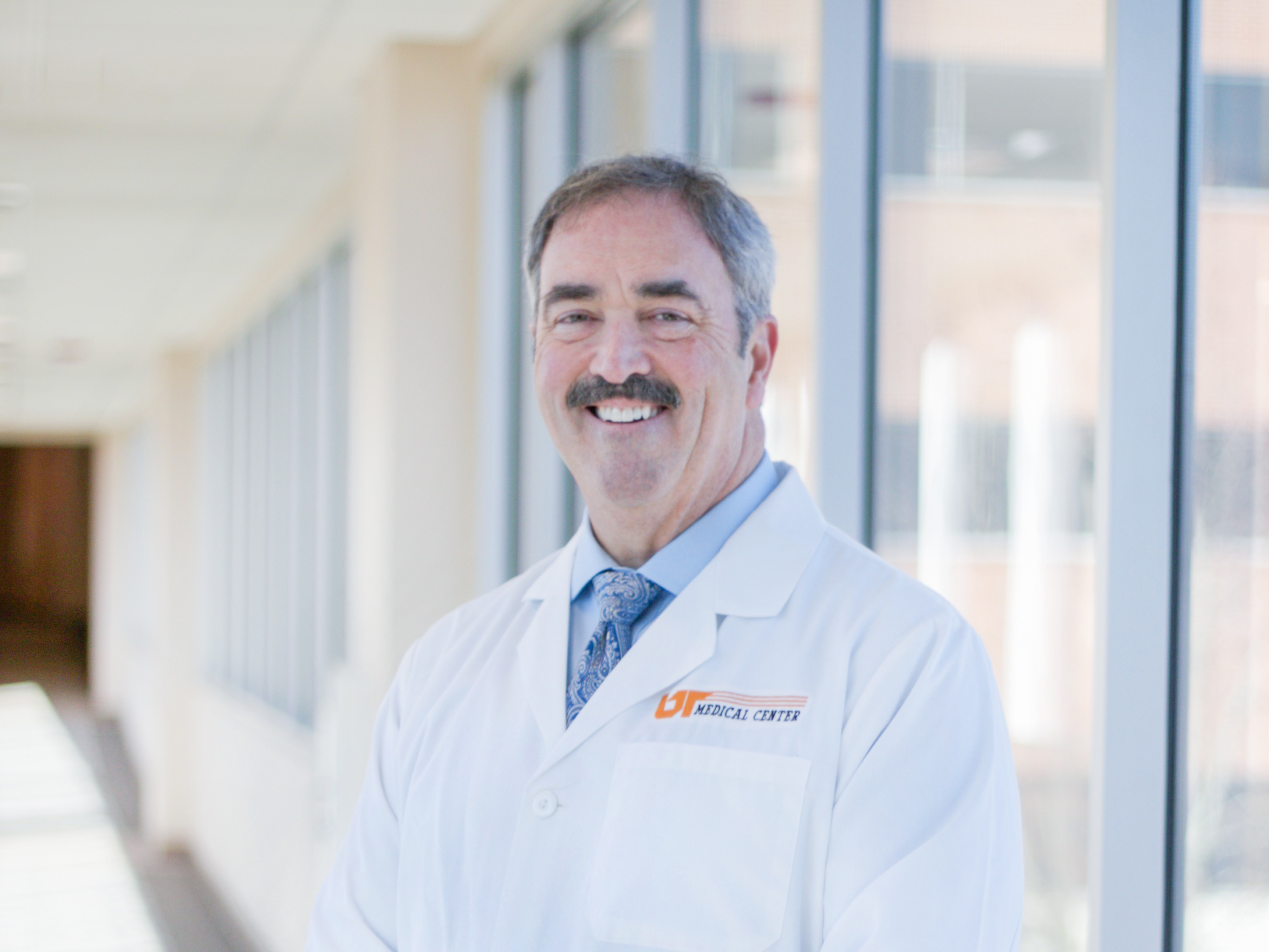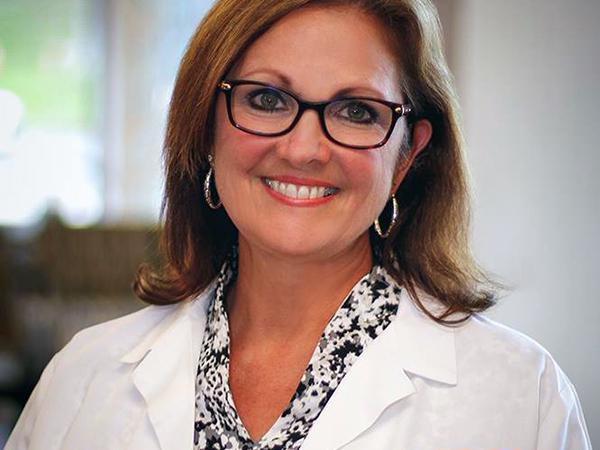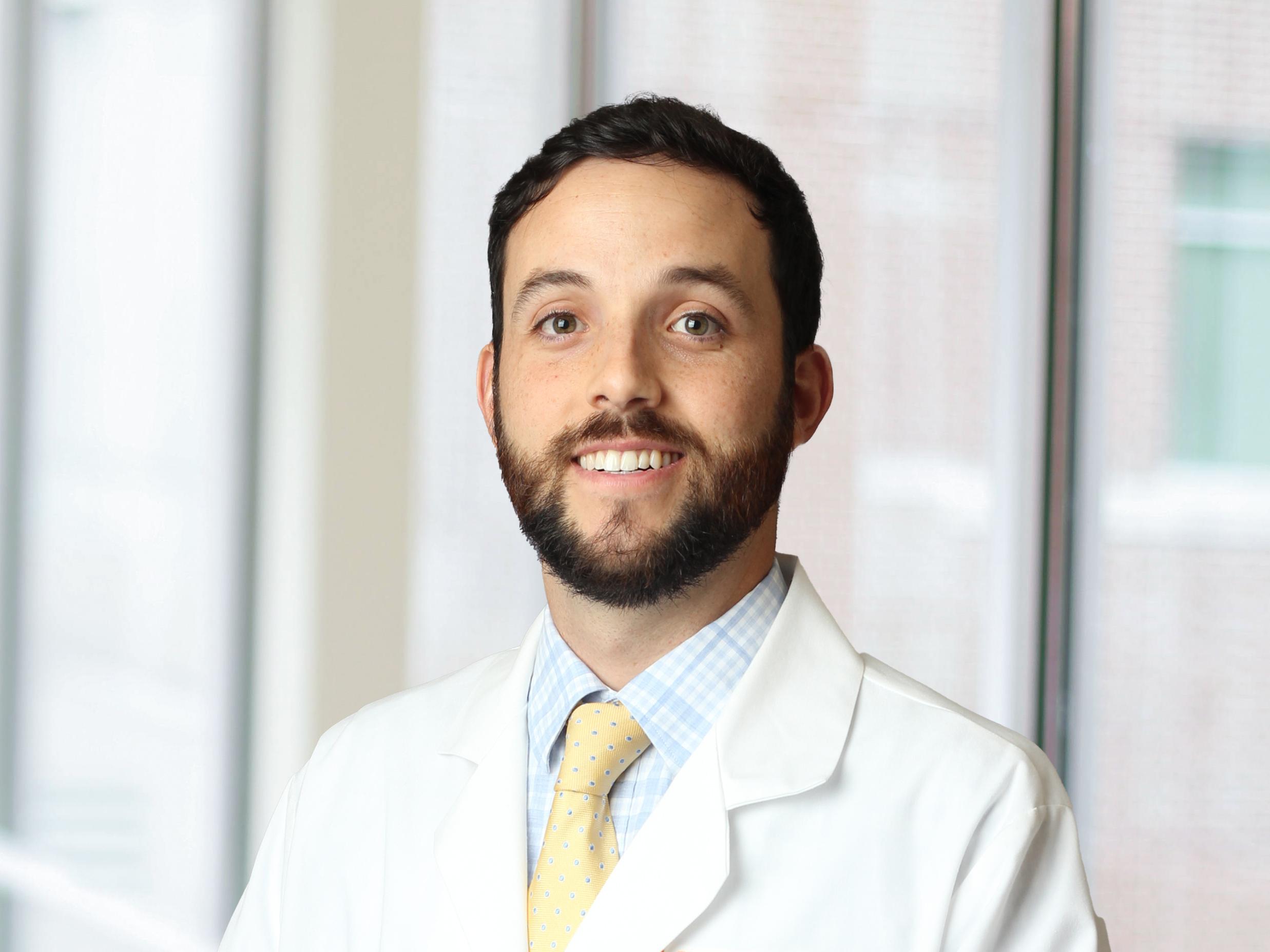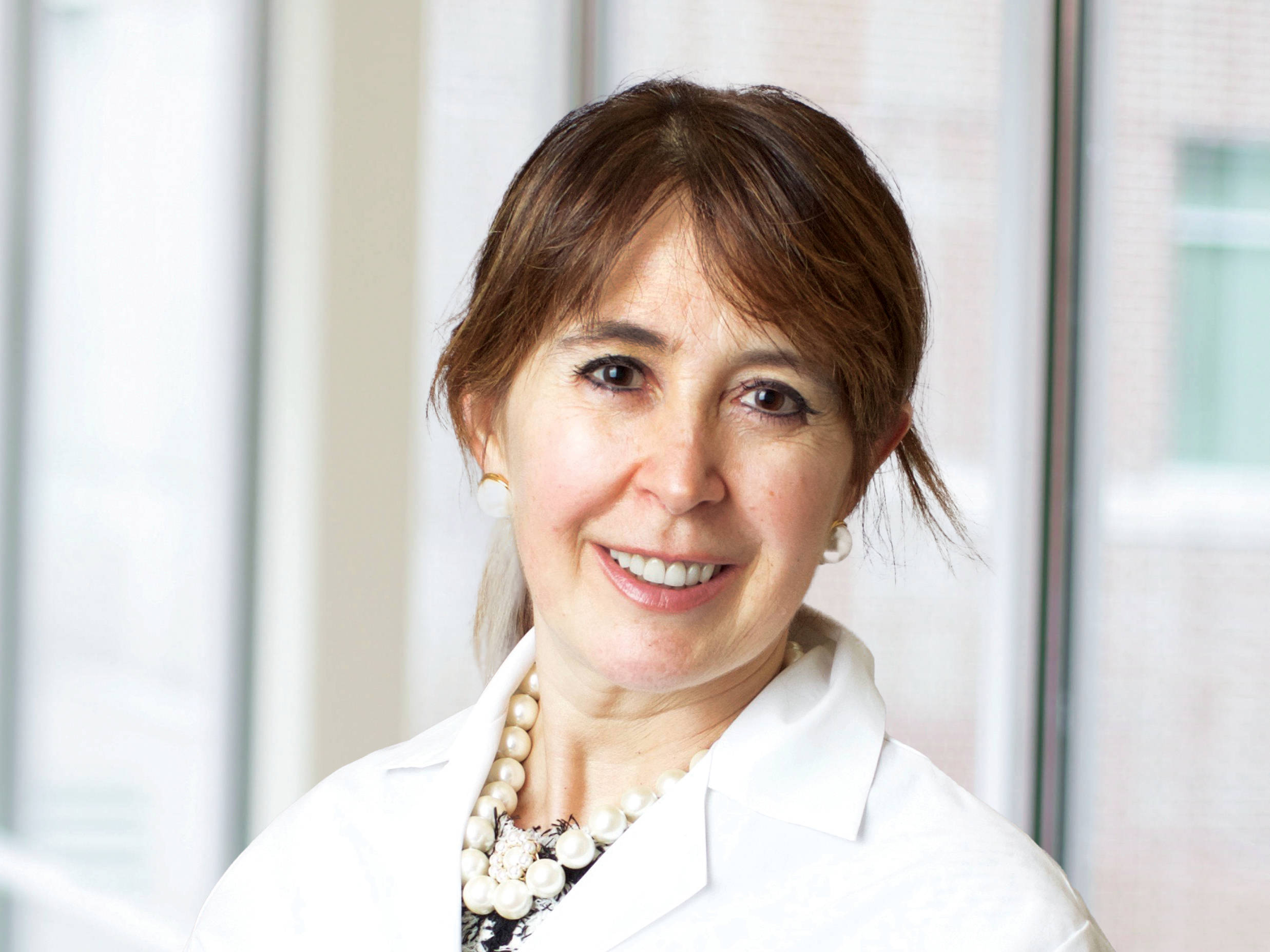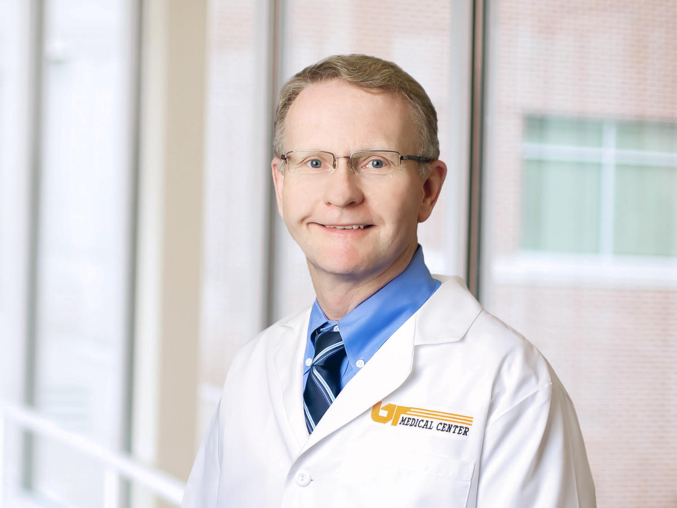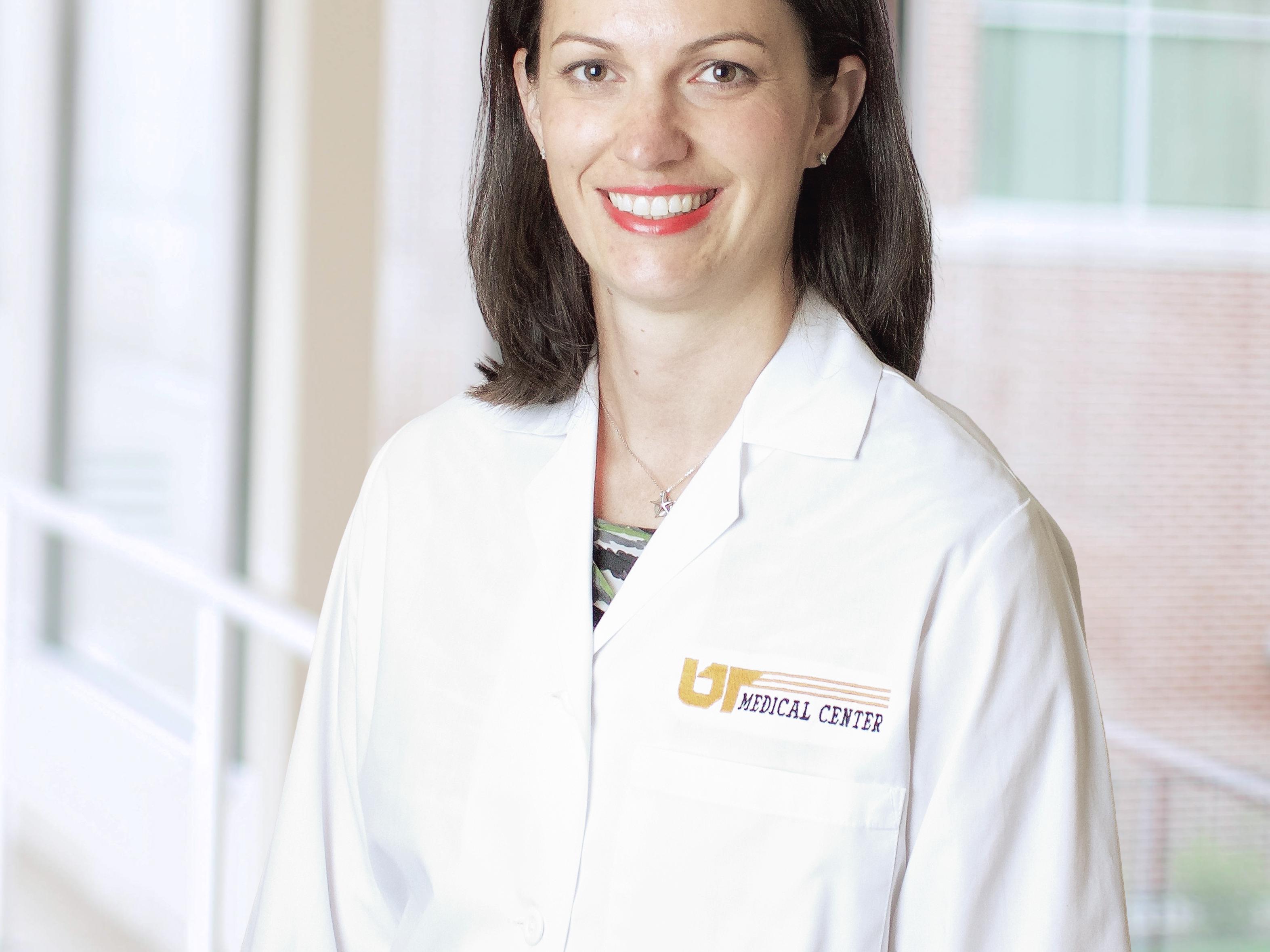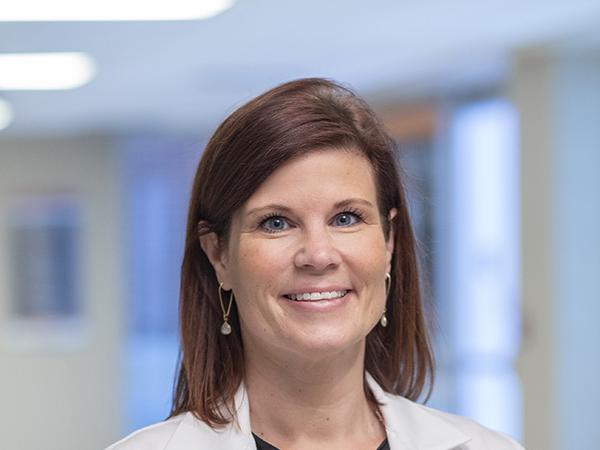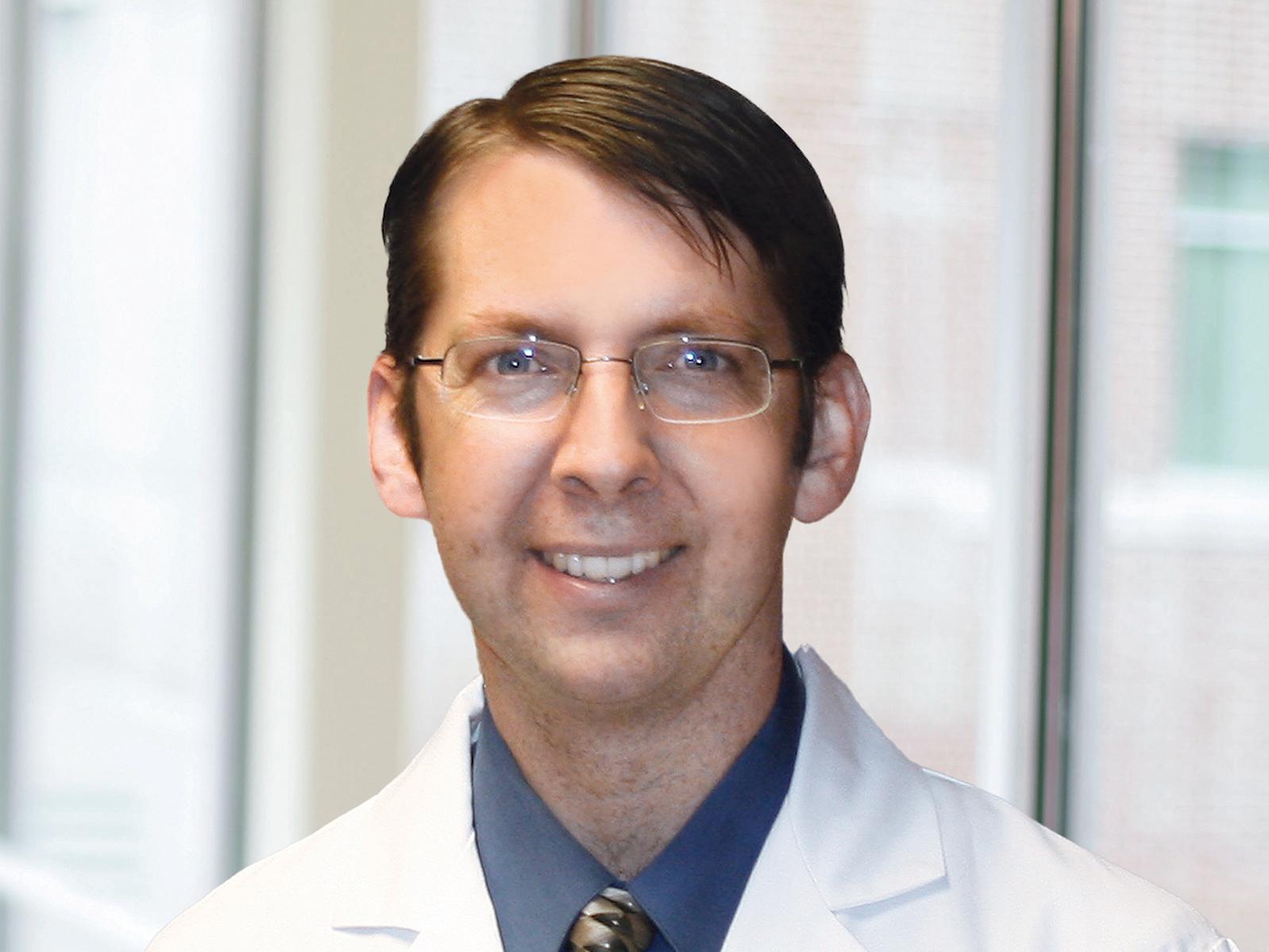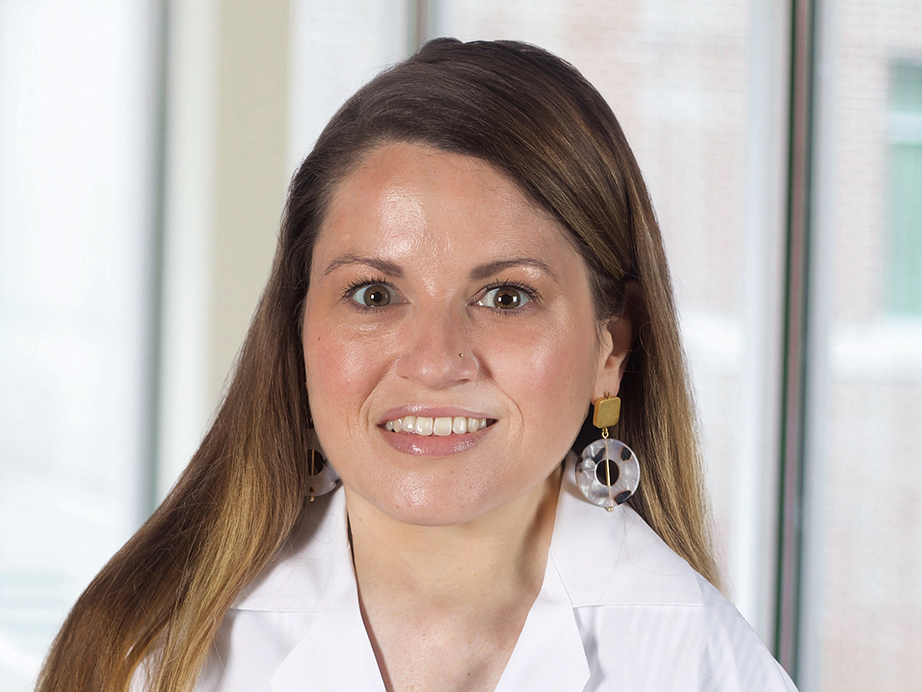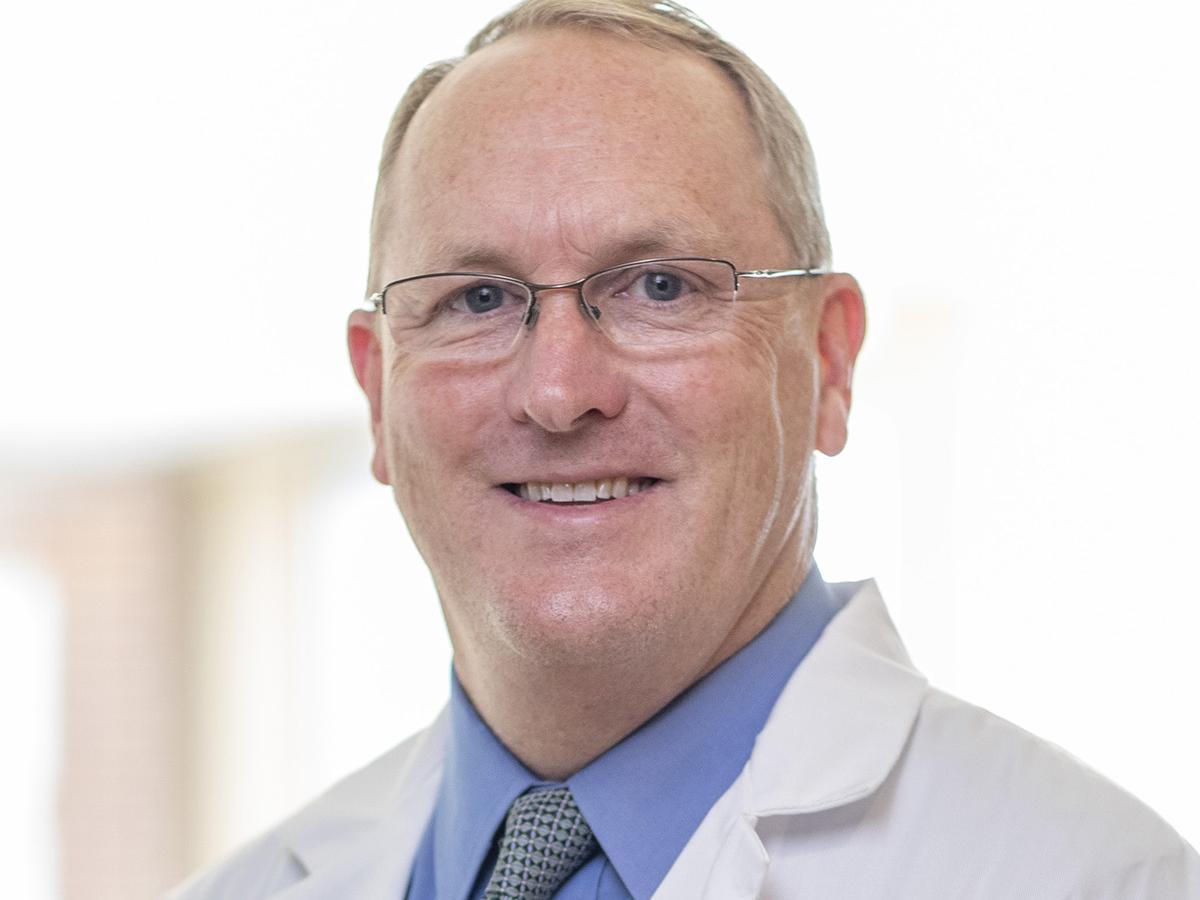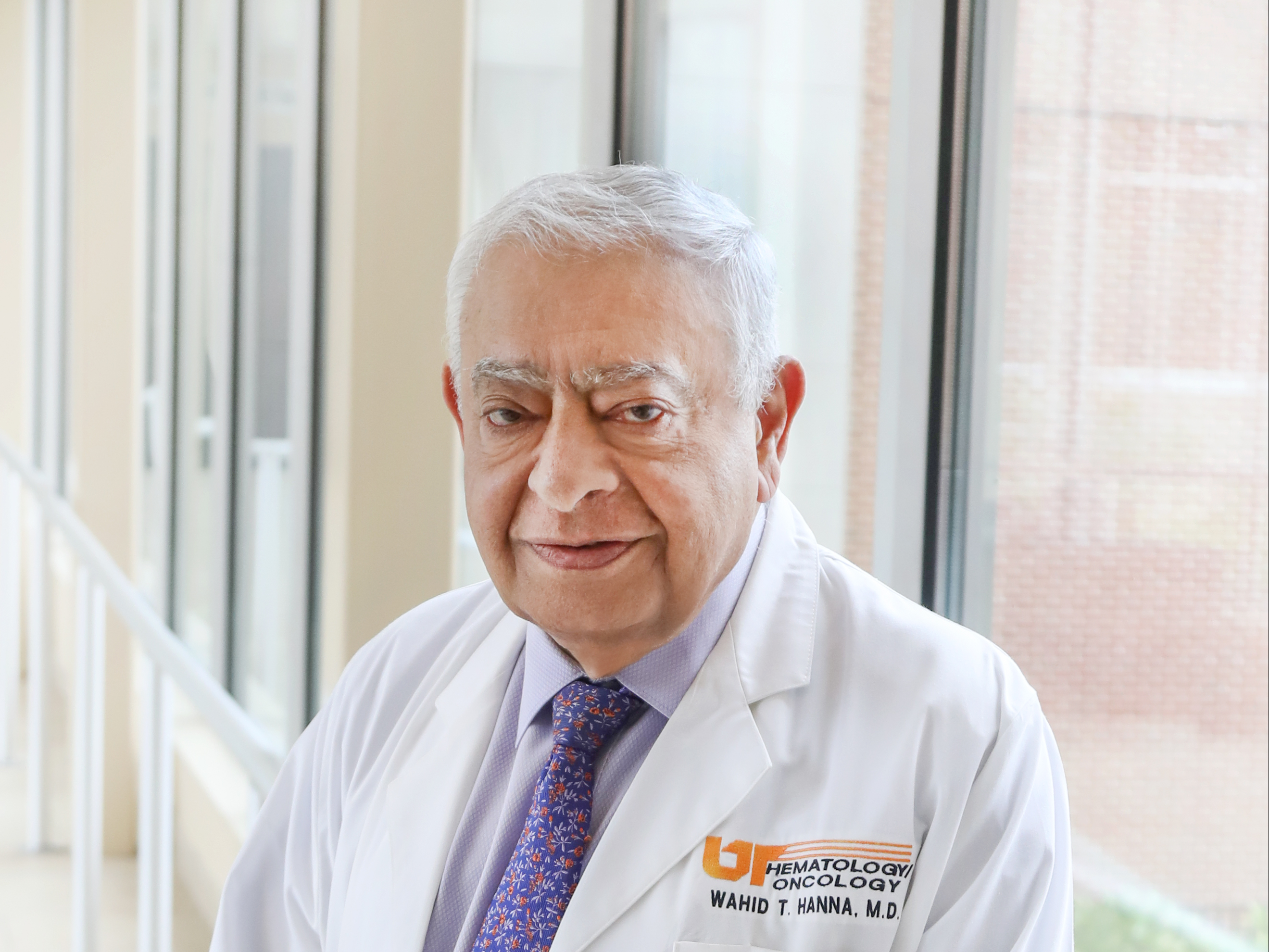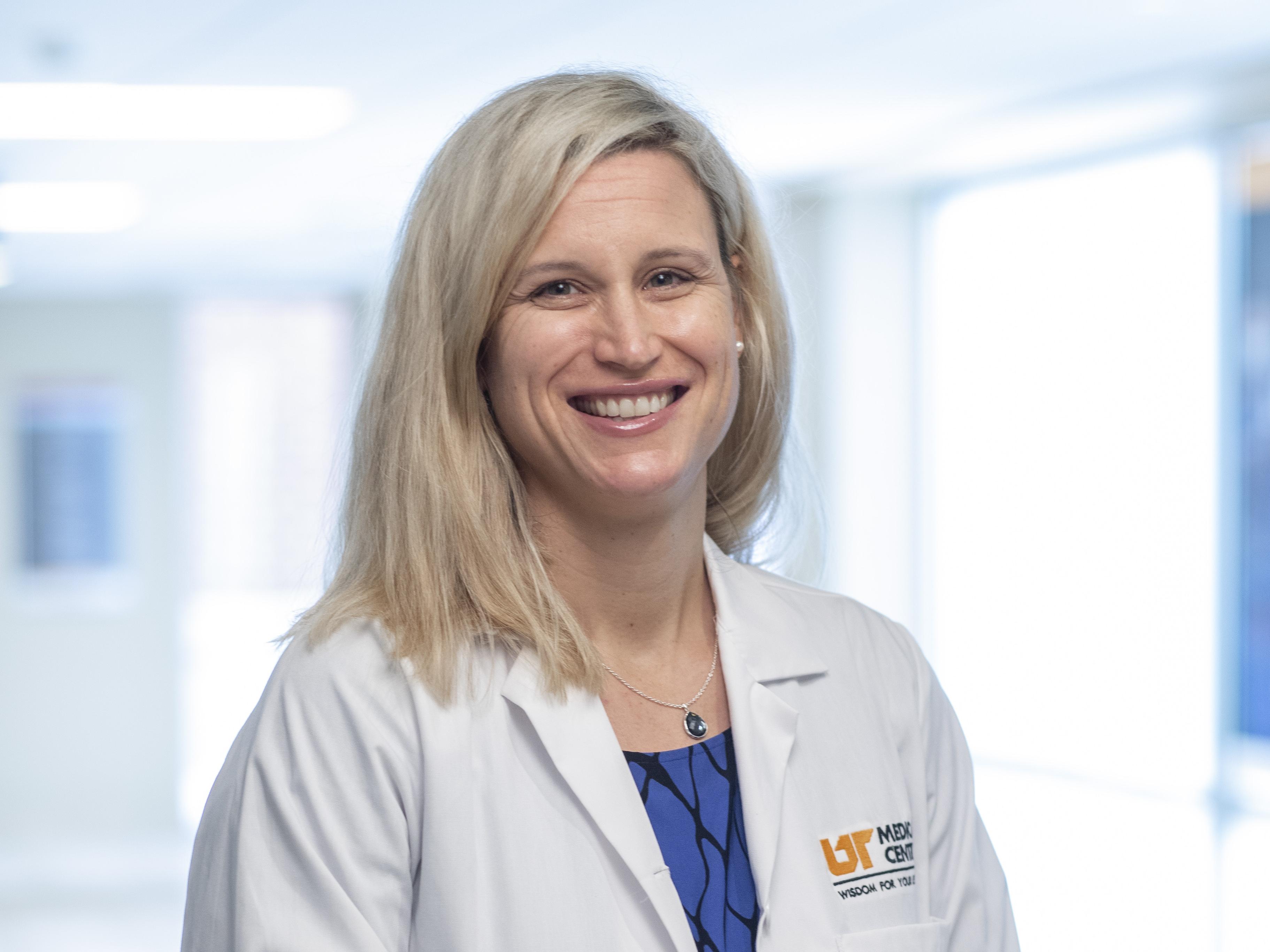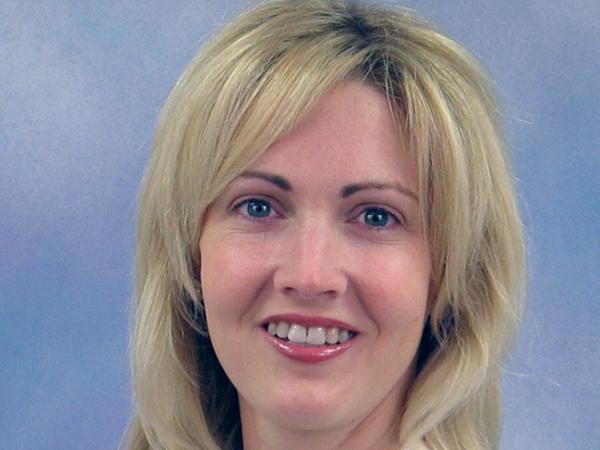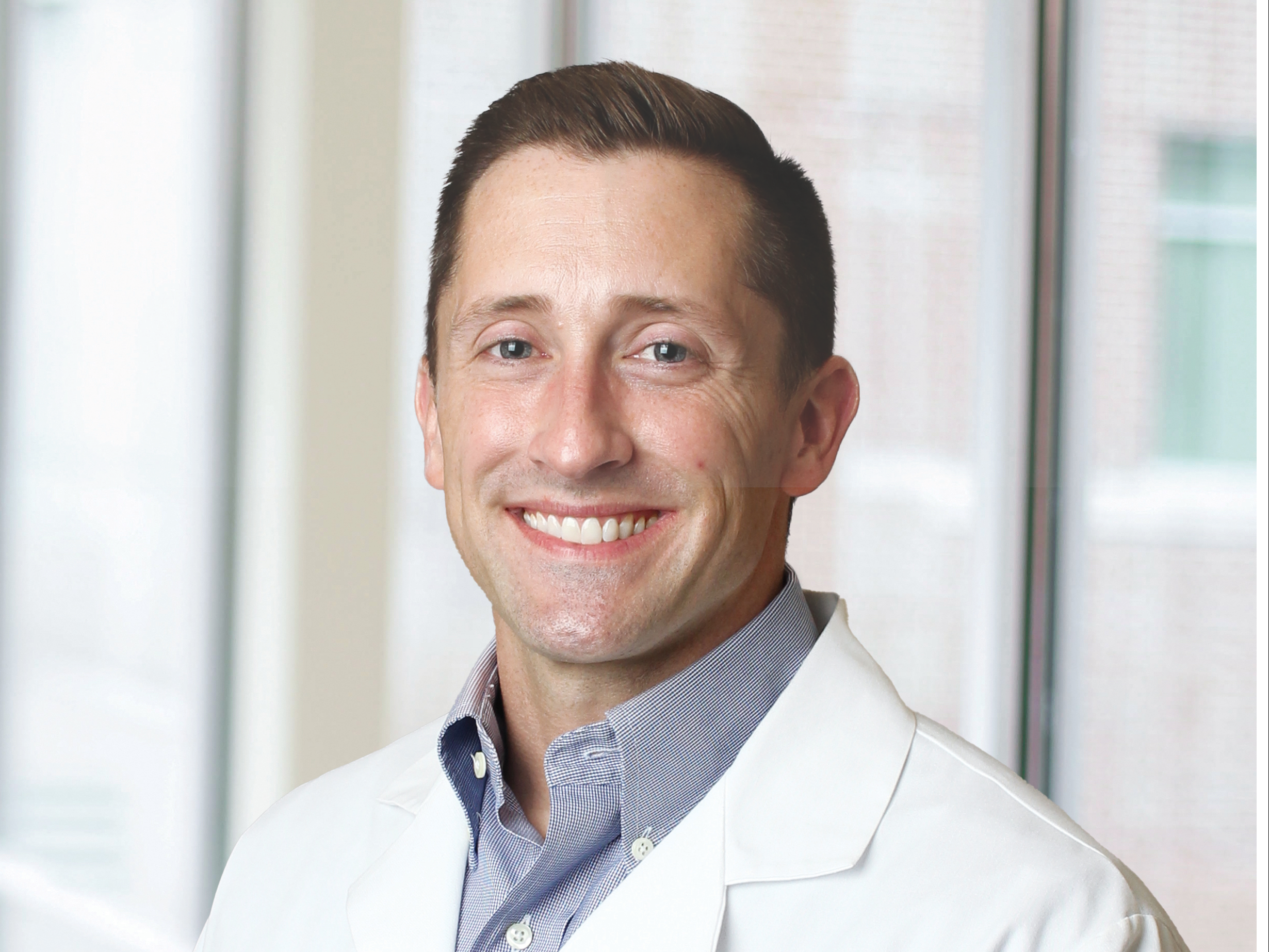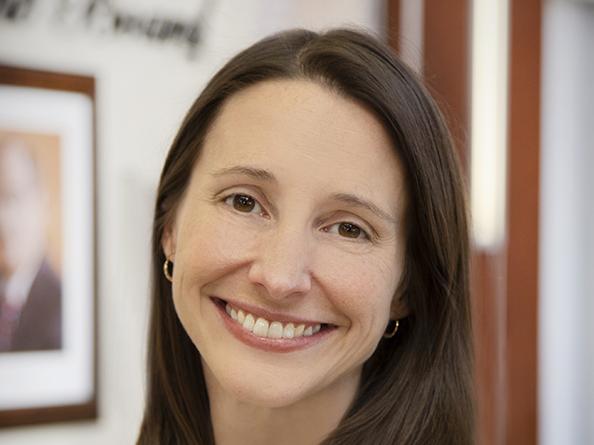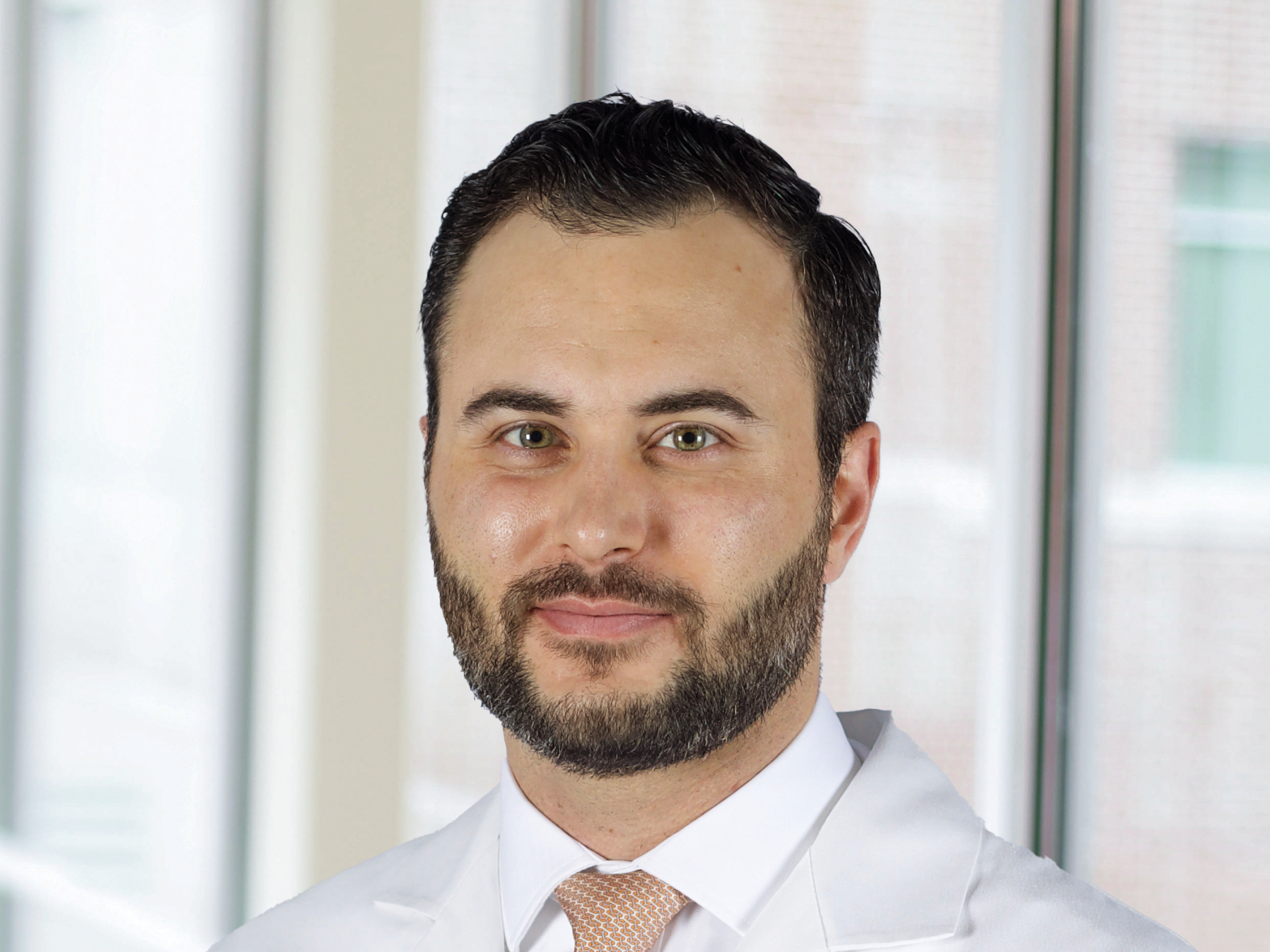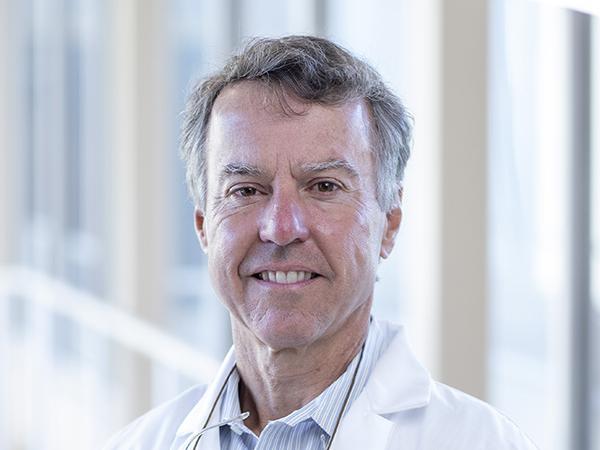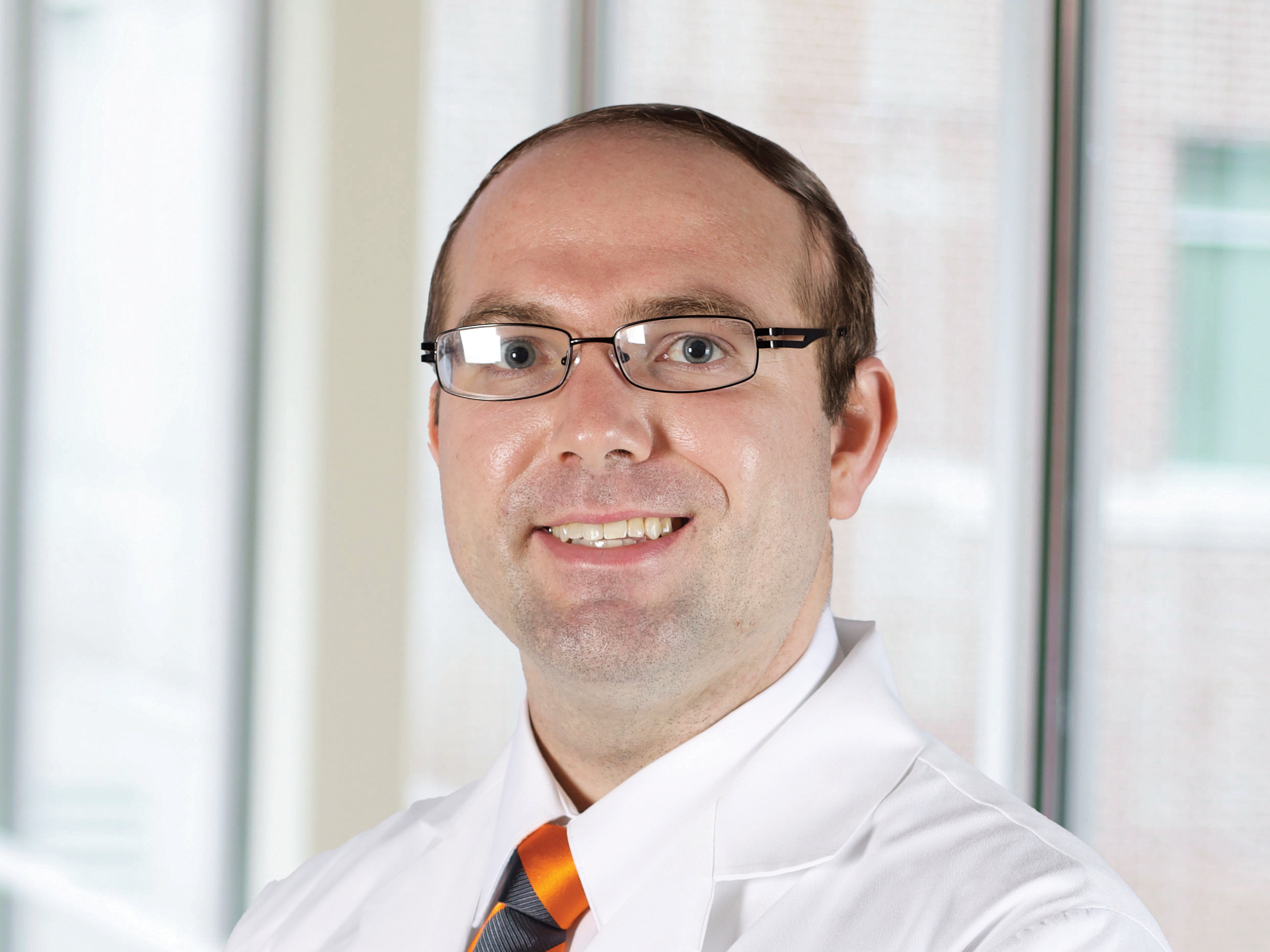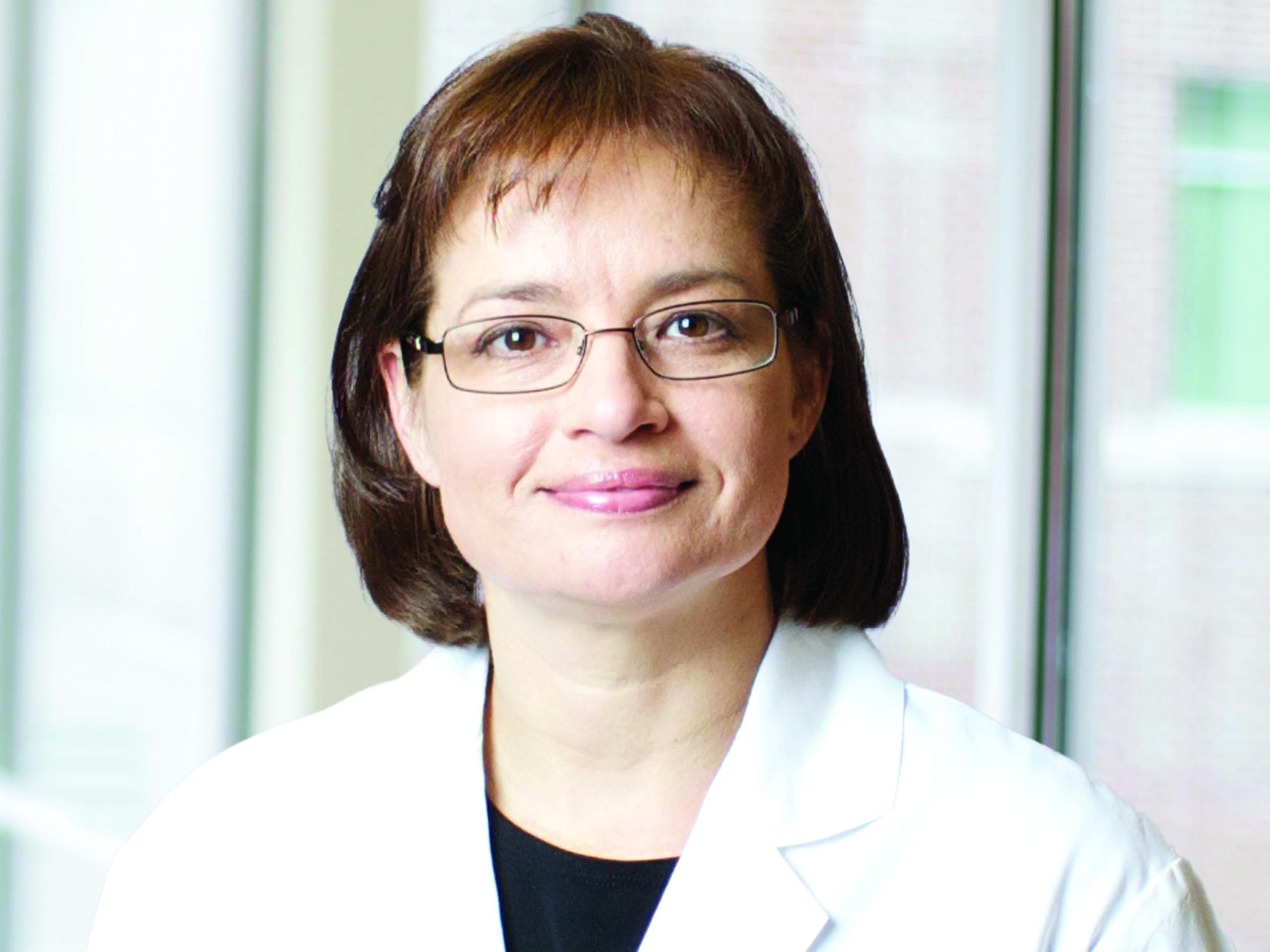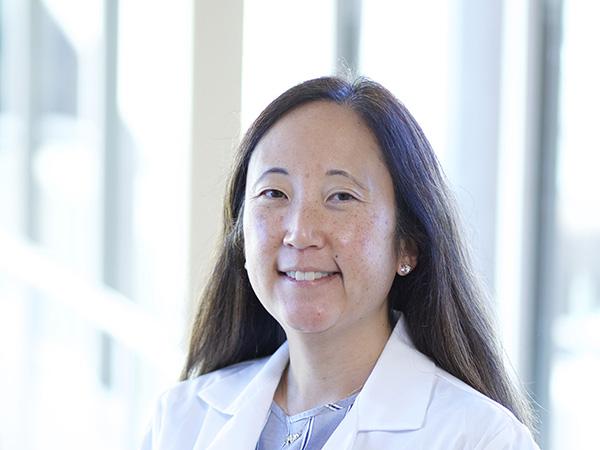Overview
Our nationally accredited breast program provides coordinated, state-of-the-art care to breast cancer patients. Our dedicated team of breast specialists is focused on developing individualized care plans based on the most current discoveries in breast cancer treatment and research.
Conditions Treated
- Ductal Carcinoma in Situ (DCIS)
- Lobular Carcinoma in Situ (LCIS)
- Fibroadenoma
- Fibrocystic breast disease
- Invasive (Infiltrating) Ductal Carcinoma
- Invasive (Infiltrating) Lobular Carcinoma
- Inflammatory Breast Cancer
- Breast Pain
Your Care at the Cancer Institute
The Cancer Institute at The University of Tennessee Medical Center offers the broadest spectrum of cancer specialists and services to care for our patients with breast cancer.
Breast cancer patients receive all of their cancer care including breast imaging, surgical consultations, radiation therapy, genetic counseling/testing, chemotherapy infusions, and supportive/integrative health services, all in the same building.
The Cancer Institute offers a highly trained team of oncology breast specialists trained at some of the top cancer institutions in the country, bringing the best care to patients in our region.
Patients are reviewed at our weekly multidisciplinary breast conference where surgeons, medical oncologists, radiation oncologists, radiologists, pathologists, genetic counselors, nurses and clinical trials coordinators gather to determine the best individualized treatment plan for each patient. This level of coordination ensures that patients are receiving the highest level of care, offering the best outcomes and quality of life.
Our comprehensive care teams also include nurse navigators, a registered dietitian, financial counselors, pastoral care, palliative care, and a social worker. All breast cancer patients will work with a nurse navigator who acts as the patient’s liaison during diagnosis and initial evaluation until the patient is connected with their primary treatment team(s). Patients will also find support at our Design by Nature Mastectomy Boutique to guide you in your post-operative breast care needs.
Diagnosing Your Breast Cancer
Early breast cancer usually does not cause symptoms and is painless. Often the first symptom is the discovery of a hard lump or abnormal area in a breast self-exam or the detection of an abnormal finding on a mammography.
University Breast Center offers the latest in screening technologies for the detection of breast tumors and lesions. Breast imaging greatly enhances our ability to diagnose breast cancer during its earliest stages. Our state-of-the-art diagnostic technologies include:
If your doctor learns that you do have breast cancer, more tests may be performed to determine the best treatment plan for your cancer.
Breast Cancer in Men
While breast cancer primarily affects women, about 2,500 men are diagnosed with breast cancer in the U.S. a year. At the time of diagnosis, the average age for a male breast cancer patient is 67, versus age 62 for females.
Unfortunately, male breast cancer is typically diagnosed at an advanced stage, many times because of the lack of education in the male population about the risks, signs and symptoms of male breast cancer. Diagnosing and treatment for male breast cancer is very similar to that of female breast cancer. Treatment options include surgery, chemotherapy, radiation oncology, and immunotherapy.
Knowing the signs and symptoms of male breast cancer can help with early detection and better outcomes. Possible symptoms of breast cancer to watch for in both men and women include:
- A lump or swelling, which is often (but not always) painless
- Skin dimpling or puckering
- Nipple retraction (turning inward)
- Redness or scaling of the nipple or breast skin
- Discharge from the nipple
If you or a loved one notice any of these changes, reach out to your healthcare provider.
Your Treatment Options
The decision on how to treat your breast cancer is one that involves your active participation with understanding of your diagnosis, treatment options, and taking into consideration your lifestyle and values.
The three major treatments of breast cancer are surgery, radiation therapy, and chemotherapy or hormone therapy. No one treatment fits every patient, and combination therapy is usually preferred. The choice is determined by many factors, including the age of the patient, menopausal status, the kind of cancer, its stage, and whether or not the tumor contains hormone receptors. Below is a list of treatment options considered for breast cancer patients:
- Breast Reconstruction
- Chemotherapy
- Endocrine Therapy
- Radiation Therapy
- Breast Cancer Surgery
- Targeted Therapy
Comprehensive Lymphedema Service
Breast cancer patients have access to our Comprehensive Lymphedema Service, a multidisciplinary team of experts focused on the prevention, diagnosis and treatment of lymphedema through surgical and non-surgical treatment options. The team includes specialists from different fields and disciplines, including physical therapy, surgical oncology, plastic surgery, radiation oncology, medical oncology, gynecologic oncology, and vascular surgery.
Lymphedema is buildup of fluid, most often of the arm or leg. The most common cause of lymphedema is lymph node removal to treat cancer. Cancer-related lymphedema is most common among breast cancer patients; however, it can also develop after treatment of melanoma, sarcoma, gynecologic, genitourinary and head and neck cancer.
Diagnosing and treating lymphedema early can improve patients’ symptoms and quality of life. Click here to learn more about the Comprehensive Lymphedema Service.
Your Next Steps
To schedule a mammogram, call University Breast Center at (865) 305-9069.
If you or a loved one has been diagnosed with breast cancer, or if you are seeking a second opinion, please contact Breast Care Services Nurse Navigation.
The Breast Care Service (BCS) is a dedicated program offering patient education, evaluation services, individualized treatment plans, follow-up care and support services for patients with breast health problems or newly diagnosed breast cancer.
BCS nurse navigators organize and expedite care for women or men with abnormal breast problems or a known diagnosis of breast cancer. Most patients are scheduled for diagnostic evaluation of a breast problem within 48 hours of the initial phone call to the BCS. Our multidisciplinary team of breast health specialists meet weekly to discuss all new breast cancer cases, provide an evidence based expert, consensus opinion from the team and develop an individualized plan of care specific to each patient’s diagnosis.
For more information or to speak with a BCS Nurse Navigator, call (865) 305-7870.
Our Cancer Institute team is here for you in what can be a very stressful time. Please don’t hesitate to ask questions and request help when you need it. Our new patient section will provide you additional information about the Cancer Institute and everything you need to know to prepare for your first visit.
For more information on breast cancer, visit Support Groups & External Resources for several trusted sites to enhance your research and understanding of your diagnoses.
